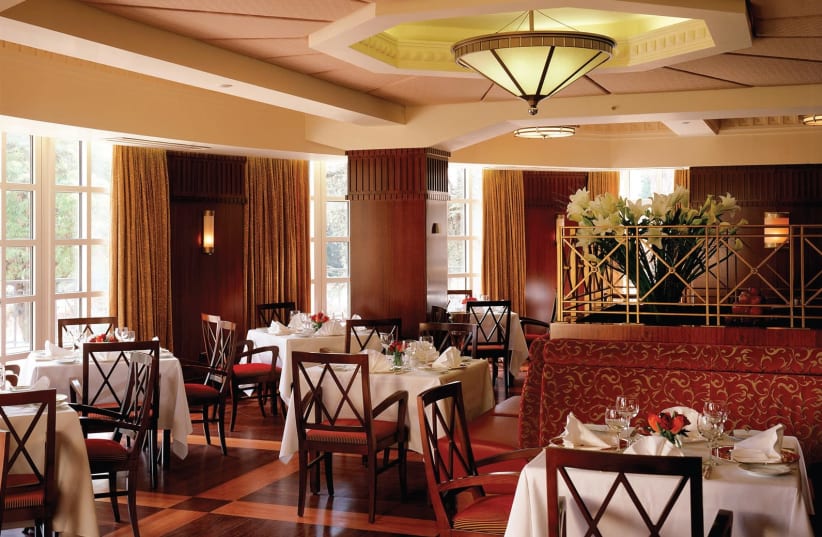The once booming restaurant industry in the UK has seen a 20% rise in insolvencies with some of the UK’s most well-known chains coming to a closure in the last year.
A reported 825 restaurants and bars closed down due to lack of finances in 2016 and this number increased to 1,000 in 2017. Some of the largest casualties have included Jamie Italian’s closing 12 of 37 branches, Byron closing 20 restaurants across the country and other popular brands including Prezzo and Strada closing branches worldwide.
The looming Brexit negotiations have made significant changes to the UK’s labour market coming from the EU and have caused a rise in property rents which is making the day-to-day running of a food business much more challenging.
This is something that other Israeli-run restaurant chains operating in the UK must be conscious of, referring to popular chains such as Ottolenghi, Palomar and Barbary which last year was rated as the number 1 restaurant in the UK out of the TimeOut’s 100 best restaurants.
Experts in the food and leisure industry point towards Brexit as one of the reasons why so many restaurants are not performing as well as they had been. Operators are now faced with much higher rental costs for the premises and the increasing cost of food plays a major role. This has been worsened by the fall of the British pound which is down 10% against the dollar and 7% against the Euro since the Brexit vote two years ago.
Other factors affecting the restaurant industry reflect the shorter supply of staff from the EU and the legal increase of the minimum wage which further puts pressure on margins.
Dine-in restaurants have also suffered at the rise of the takeaway culture fueled by online food delivery services such as Just Eat, Hungry House and Deliveroo – plus the rise of Netflix and Amazon Prime which encourage diners to stay in compared to going out.
Declining restaurants have a choice to shut down shop completely or risk turning their business around using a company voluntary arrangement. Also known as a CVA, this involves confessing to unpaid debts and forming a legal agreement with at least 75% of creditors that debts will be repaid over 3 to 5 years.
For those investors looking to capitalize in a downtrodden market, the list of restaurants for sale is increasingly daily, offering some real bargains for potential operators in the UK or overseas.
